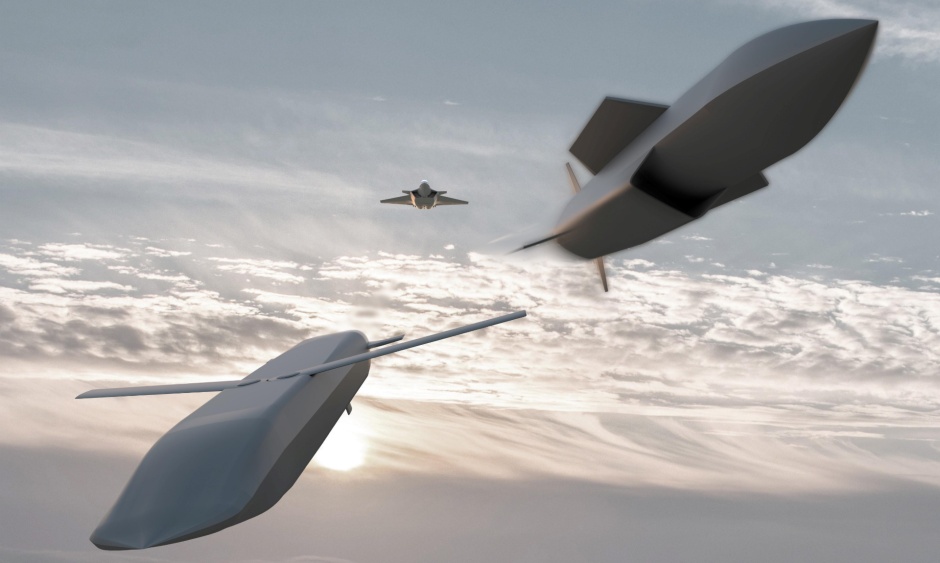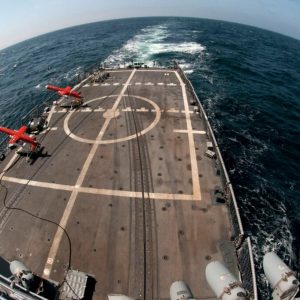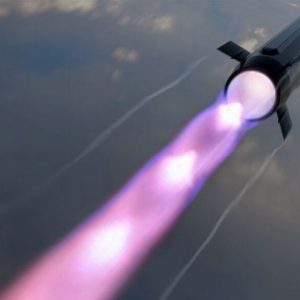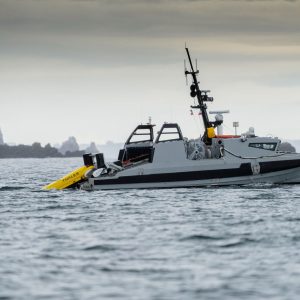In a recent announcement, MBDA, a prominent European defence company specializing in missile systems, has expressed its openness to embraces commonality in EU future fighter aircraft. This strategic move aims to enhance interoperability, cost-effectiveness, and efficiency across European defence forces. The company’s commitment to collaboration and integration reflects a significant step forward in the development of advanced defence capabilities in the region.

MBDA’s willingness to pursue commonality in weapons for the European future fighter aircraft highlights the growing importance of streamlined cooperation among European defence manufacturers. By establishing shared weapon systems and technologies, countries within the European Union can achieve economies of scale, reduce development costs, and optimize maintenance and logistics operations. This collaborative approach ensures that European defence forces can maximize their potential and effectively respond to evolving security challenges.
The benefits of achieving commonality in weapon systems extend beyond cost savings. By standardizing weapons, European countries can improve interoperability between different platforms and enhance the effectiveness of joint operations. This commonality facilitates seamless integration between aircraft, ground-based air defence systems, and other defence assets, enabling more efficient and synchronized mission execution.
MBDA’s expertise and experience in missile systems make it a key player in the pursuit of commonality. The company has a proven track record of developing cutting-edge missile technologies, including air-to-air missiles, air defence systems, and precision-guided munitions. Leveraging its vast knowledge base, MBDA is well-positioned to contribute to the standardization efforts of the European future fighter weapons program.
Furthermore, MBDA’s commitment to commonality aligns with broader European defence cooperation initiatives. The European Defense Agency (EDA) has been actively promoting collaborative defence projects among EU member states. By fostering cross-border partnerships and joint development programs, the EDA aims to enhance Europe’s strategic autonomy and reduce dependency on non-European defence suppliers.
MBDA’s openness to achieving commonality in weapons for the European future fighter aircraft reflects a significant milestone in the pursuit of integrated European defence capabilities. By streamlining weapon systems, European countries can improve interoperability, optimize costs, and strengthen their ability to respond to emerging security challenges. MBDA’s expertise in missile systems positions it as a valuable contributor to this collaborative endeavour. With continued commitment and cooperation, the European future fighter weapons program holds the potential to revolutionize European defence and establish a unified approach to safeguarding the continent’s security.











